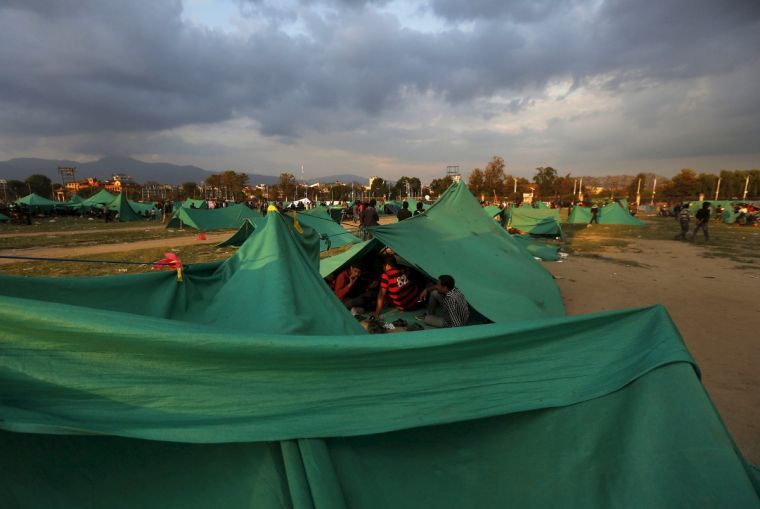Nepal earthquake deals a blow to Christians looking for improvement to country's religious freedom situation

After the devastating 7.8 magnitude earthquake that struck Nepal killing thousands of civilians, including 500 Christians who were attending church at the time of the disaster, Nepalese Christians may have to deal with yet another devastating blow with the expected delay in the establishment of its new constitution.
According to KP Sharma Oli of the United Marxist Leninist party, the constitution was meant to be ready for consensus by May 29, but recent events may delay it by up to a year.
The new constitution had been seen as one way Christians and other minority religions in the country could guarantee equal rights to exercise their religious freedom in the predominantly Hindu country, Christianity Today reported.
Religious leaders like Pastor Ram Prasad Shrestha from the National Mission Commission of Nepal lamented the inequality being suffered by Christians in the country, particularly the lack of respect and recognition for their faith, with Christian establishments lnot being registered or recognised by the government.
"There is no law as it is at the moment, in the present [interim] constitution, which can identify organizations as being Christian, Muslim or Hindu. And according to the NGO law, they are not allowed to engage in religious activities. So if Christian organizations are doing religious activities, they can be prosecuted," said Dr Mahendra Bhattarai of the United Mission to Nepal.
There are also no the burial grounds for Christians in the country, which poses a challenge now that the community has to bury those who have perished from the earthquake.
With the intended passage of the constitution, Christian leaders believe that there will finally be a tool to transition from the Hindu monarchy, which was abolished six years ago in favour of a secular democracy, which will enable the 3 per cent Christian population to proclaim and exercise their faith without fear of persecution or condemnation.
"We have defined full religious freedom. . .the inter-religious council in Nepal has also talked about this and other religious minority groups. . .what we have defined is that every citizen will have the freedom to choose the religion of his or her choice, number one. Number two is that people will be free to share their faith with fellow citizens. And then also, people should have the freedom not to believe in any religion," Dr. K.B. Rokaya, a former member of Nepal's National Rights said about talks regarding the constitution.
He added that Christians have always been open to living out their faith despite obstacles and difficulties in propagating their beliefs, and expressed optimism that the country will still move forward with the measure for the sake of the country's future.
"Even though there are some voices, some groups of people who are not very happy with this [secularism] and who would like to see Nepal become a Hindu kingdom again, I think Nepal cannot go back," he said.











